CLEW focus: 'Climate neutral' products and companies - Greenwashing or sign of serious action?
Company climate claims
Contents
*** Please note: This dossier is one part of the CLEW focus on company climate claims. Other journalists can also get involved - Find out more here. Our upcoming events and opportunities are here. This blog explains why we decided to launch the project. ***
Q&A: How the EU aims to reign in false green claims on products

The European Commission has proposed a set of detailed rules for companies to back up their green claims on products, ranging from “carbon-neutral” sunscreen to “biodegradable” plastic packaging. The proposal for a directive on green claims has the potential to make a difference by reducing the number of green claims, making them more specific, and obliging companies to provide more information to consumers. It could make greenwashing a lot harder while highlighting companies which actually achieve real change. However, NGOs criticise that the initial proposal is “far from the real (green) deal”. This Q&A answers key questions on the legislative proposals and the next steps in the legislative process. Read it here.
Interview: EU proposal on green claims to massively impact ecolabels – NGO

Supermarket shelves have increasingly been flooded with products featuring green claims like “climate neutral” or “packaging reusable,” but a lack of regulation means many of these can be vague, misleading or even factually wrong – often amounting to greenwashing. The European Commission is set to present its proposal for legislation to force companies to substantiate their claims against standard methodologies. A leaked draft shows that the legislation together with other proposed laws will massively impact certification schemes and labels, says Margaux Le Gallou, programme manager at NGO ECOS (Environmental Coalition on Standards). It has the potential to make a lot of difference, eventually leading to fewer, more specific claims which get the visibility they deserve so that the products actually stand out, she told Clean Energy Wire. However, the Commission’s final version, expected for 22 March, could be less strict than necessary, refraining from stipulating the use of one exact method to substantiate claims, Le Gallou says. Even the method recommended by the Commission – the ‘Product Environmental Footprint’ – has crucial deficits, she says, as it does not cover all areas of environmental claims. Read the interview here.
Consultancies cash in on climate advice as firms race towards net zero
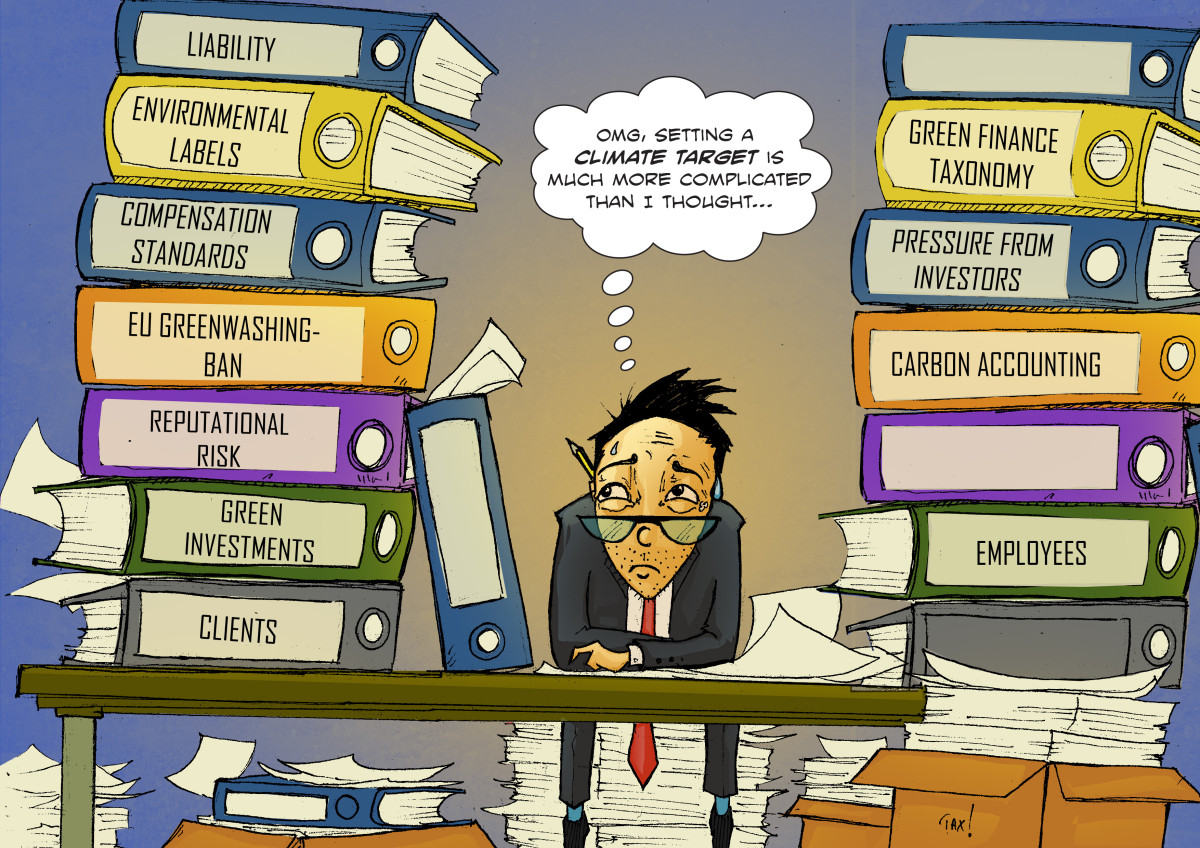
The world’s top management consultancies, who for decades have advised the biggest polluters, are now piling into the business of helping companies cut emissions to become more sustainable. They are retraining staff, poaching environmental experts, and buying up smaller specialist firms as they seek to generate fat fees from the corporate shift towards a net zero future. Many NGOs, and even some consultancy insiders, question whether the big advisory firms can really be part of the solution to the climate crisis as long as their primary focus remains on finding ways to maximise clients’ profits and efficiency. Consultants also continue to help fossil fuel clients prop up their businesses and lobby against regulations, while making them and other industries appear greener than they really are. But the advisors, and their clients, are increasingly aware that greenwashing accusations pose a major reputational risk. Read the report here.
Global companies’ “net zero” targets amount to only 36% emissions cut – report
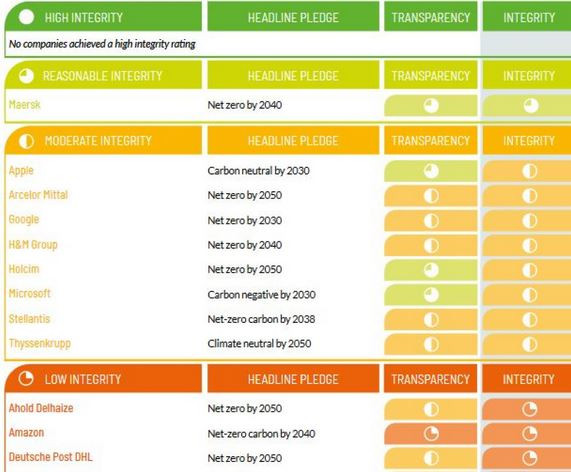
The “net zero” climate plans of 24 of the world’s largest companies add up to emissions reductions of only 36 percent, according to a report by the NewClimate institute and non-profit Carbon Market Watch. The strategies of the self-declared climate leaders, which include household names such as Amazon, Apple, Google, H&M, Nestle, Mercedes-Benz, Volkswagen, and Walmart, are “wholly insufficient and mired by ambiguity”, the authors said. The report also argues that long-term net-zero pledges distract from urgently needed short-term emission cuts, and should be banned because they deceive consumers. Read the article here.
Corporate net zero commitments send ripple effects across the globe
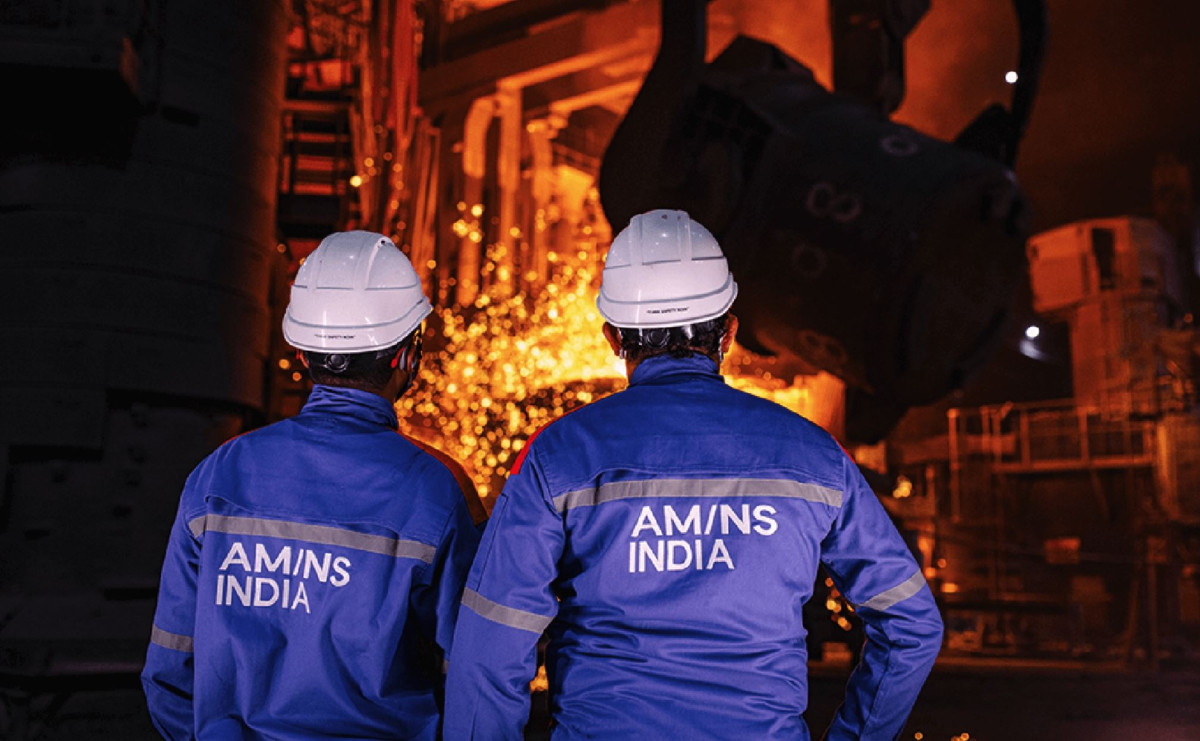
The spread of corporate net zero targets is starting to make itself felt across the world – not only among businesses, but also far beyond. An increasing number of companies have started to scan - and then reduce - the climate impact of their international supply chains, sending ripple effects across continents. Clean Energy Wire presents a series of international case studies on the far-reaching impact of net zero targets - ranging from Taiwan's beleaguered chip industry to the offset gold rush in Mexico's forests, and from supposedly climate-neutral Netflix to India's heavy industry. Find the collection here.
Regulation must enable markets for climate neutral products – German certifier TÜV Süd
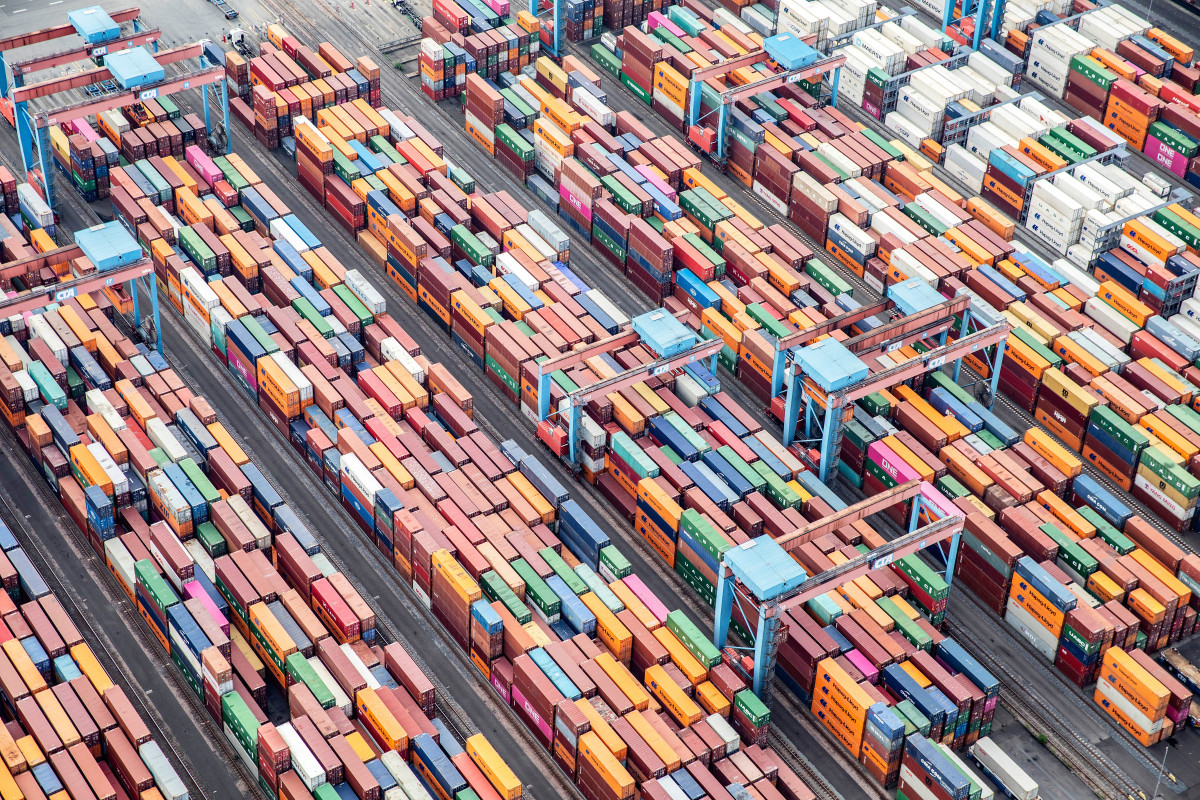
Markets are usually good at establishing standards and compliance themselves to facilitate business, but climate neutral products and emission reductions appear to be an exception to this rule, says Georgios Agrafitiotis, auditor for carbon management at German technical inspection provider TÜV Süd. The interest by companies to have their products certified for climate credentials has grown rapidly in the past years, mostly thanks to regulation compelling them to step up their emissions reduction efforts, he argues. In this interview, Agrafitios explains to Clean Energy Wire why climate certification often is "detective work" that can produce very accurate results, how companies mutually push themselves to deliver cleaner products and why Germany's technical inspectors follow a British guideline to carry out their tasks. Read the interview here.
Truly climate-neutral products still only possible in theory - German env agency

It remains virtually impossible to make truly "climate neutral" products in a modern economy, despite the rapid increase of such labels, says Susanne Spies of Germany's Federal Environment Agency (UBA). Entirely eliminating the climate impact of products and services still poses huge challenges, the researcher for ecologic design and environmental labeling told Clean Energy Wire in this interview. She explains why clear definitions are urgently needed to make neutrality claims effective, where states and companies differ when counting emissions, and why even growing your own vegetables is not necessarily climate neutral.
CLEW guide: How to unpick a company net zero target in 7 steps
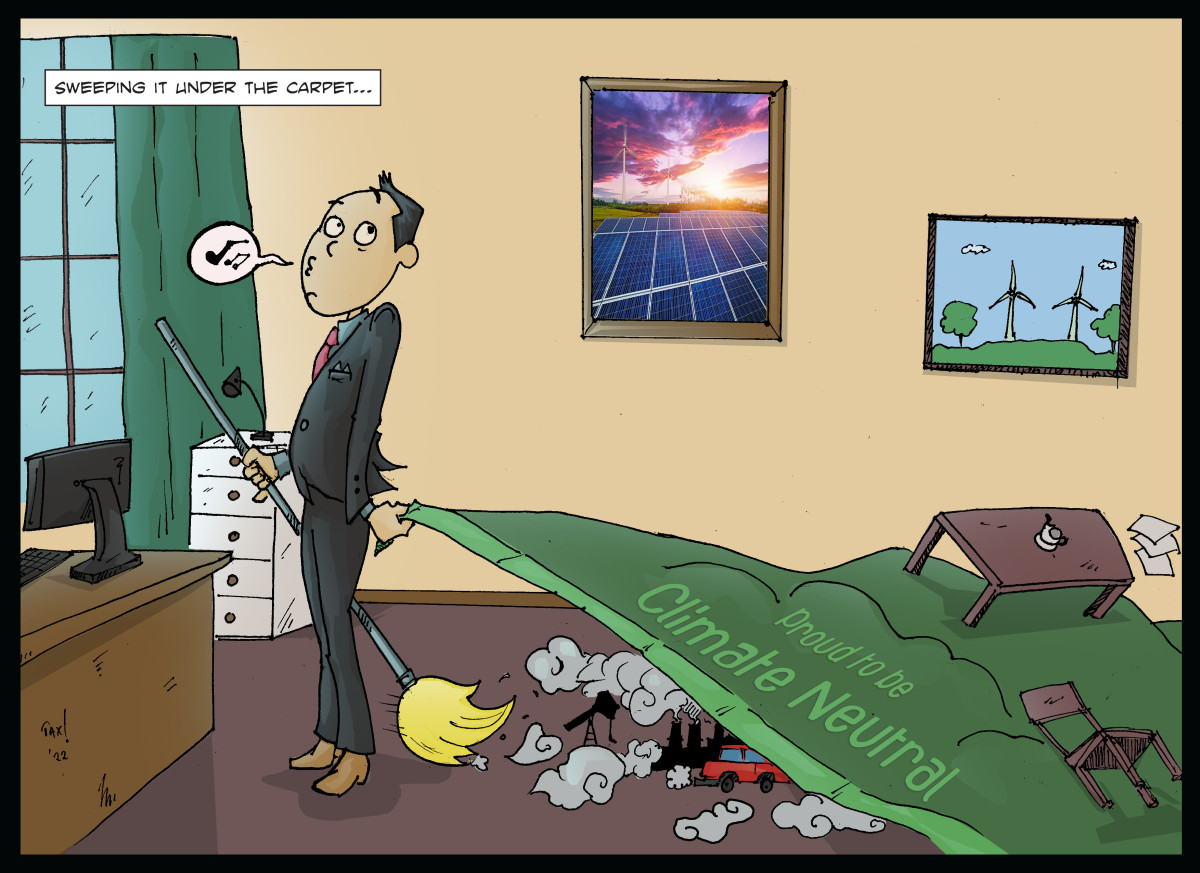
More and more companies are racing to outdo each other with green pledges to strike net zero emissions. But what's behind these bids to wipe out their contribution to climate change? Journalists and consumers alike are often out of their depth when it comes to distinguishing ambition from greenwashing. Evaluating net zero targets is a complicated business, with pitfalls galore. Based on the methodology of the renowned NewClimate Institute, Clean Energy Wire has produced a step-by-step guide to get to the bottom of corporate climate claims - find it here.
Analysis: Climate pledges put companies in crosshairs of consumer litigation
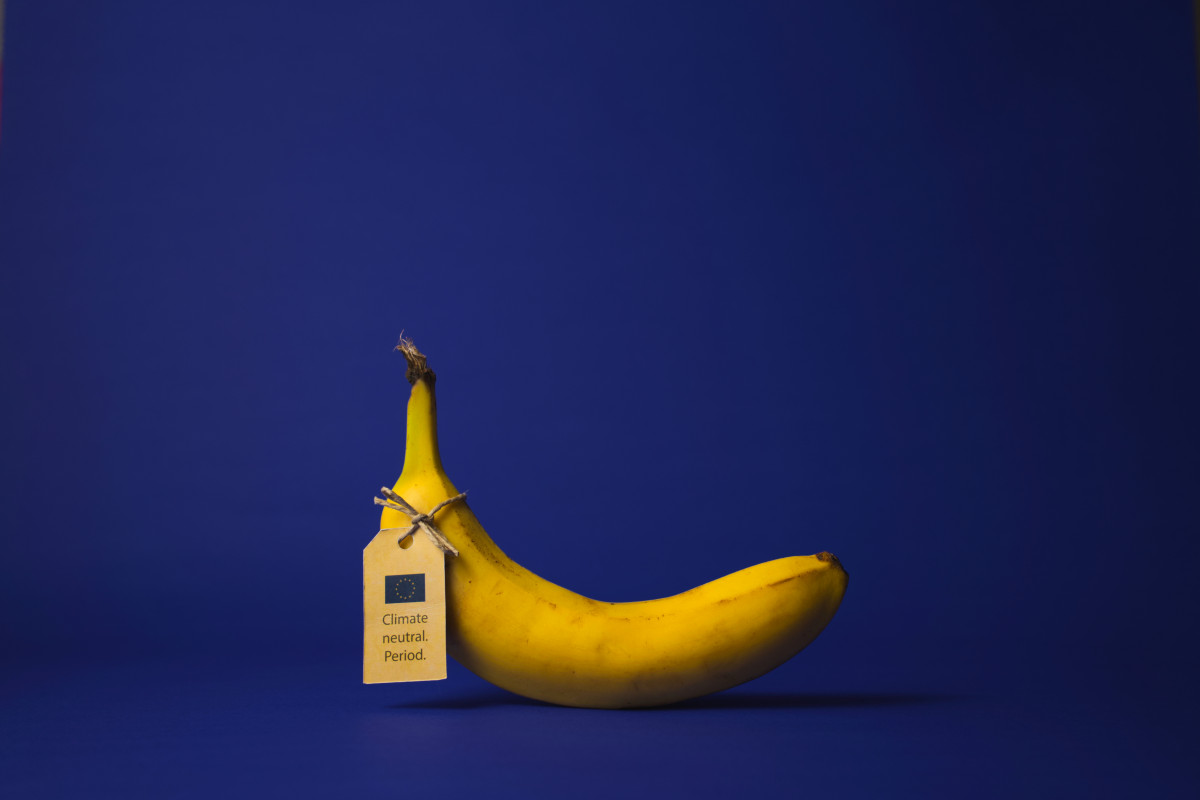
Boasting about “climate neutral” products or vague plans to become “net zero” is turning into a legal risk for companies, as activists drag firms into courts over deceiving consumers with questionable climate pledges. A raft of landmark climate “greenwashing” cases based on consumer law are about to be heard by judges in several countries. While activists hope that courts will take a hard line on companies, others warn that the cases could backfire, and even delay company climate action. The immediate impact of the rulings might not equal famous climate cases against governments based on human rights, but they are set to shape the future of company climate communication, and the role consumers play in the fight against climate change, experts say. Read the article here.
News: “Climate neutral” product labels mislead vast majority of consumers – survey
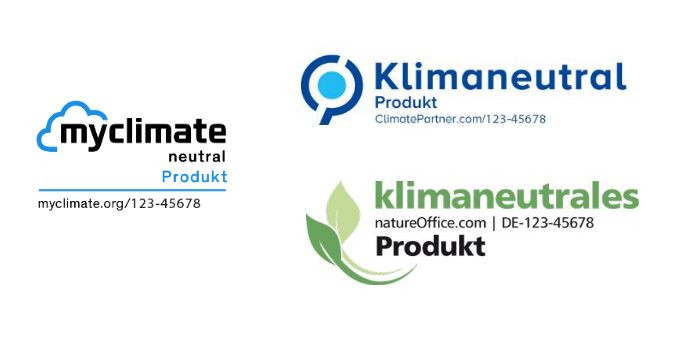
Products advertised as “climate neutral” mislead consumers because the vast majority of people don’t have a clear idea what the claim means, according to a survey by a German consumer advice centre. “Only 3 out of 100 respondents know in detail what is behind the label ‘climate neutral’,” said North Rhine-Westphalia’s consumer protection centre. Even particularly environmentally conscious consumers are unaware of the label’s full meaning, the survey revealed. “The misconception that the manufacturing companies are committed to reducing CO2 emissions is even more prevalent among this group than on average,” said the centre’s Wolfgang Schuldzinski. “Thus, such labels mislead consumers. We need reliable labels that meet people's expectations and leave no room for greenwashing." Read the full article here.
Interview: Adverts with unregulated climate claims are barrier to real emission cuts – NGO lawyer
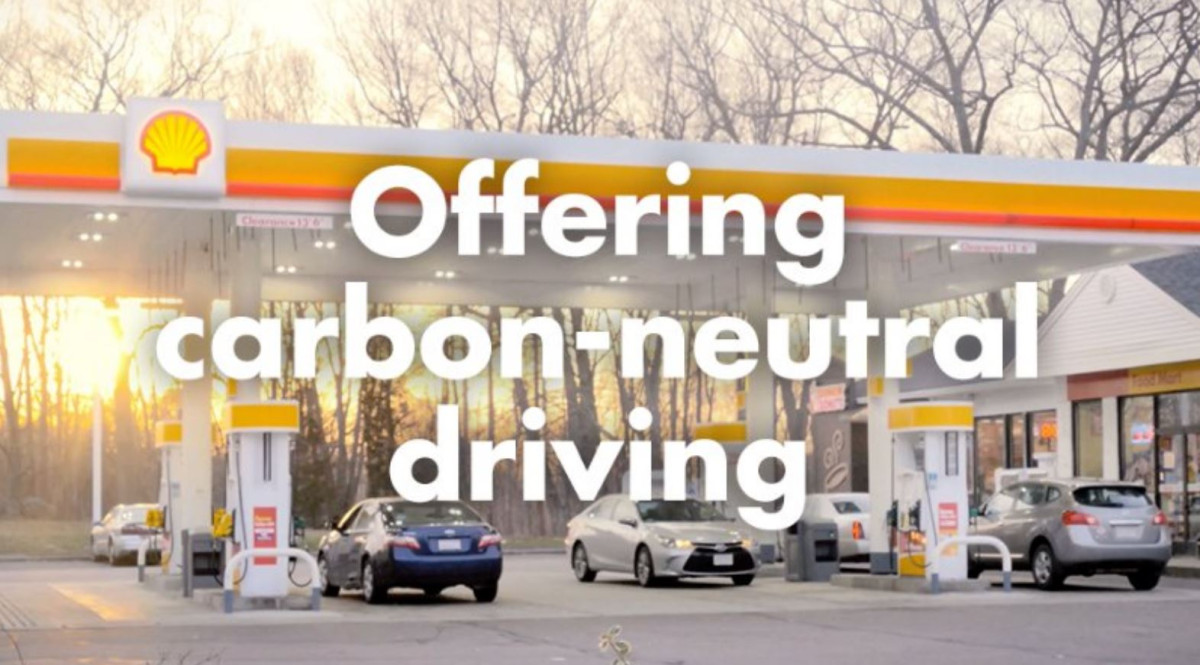
The spread of unregulated company publicity involving “net zero” or “climate neutral” claims has become a systemic barrier to achieving climate targets, argues ClientEarth, an NGO focussing on using laws to advance environmental protection. “Advertising has developed into this big inhibitor of actual climate action,” says their lawyer Jonathan White, a specialist in climate accountability. In this interview with Clean Energy Wire, White explains the prospects for using consumer law as a way of tackling companies on their climate claims, how the EU will fight greenwashing in its pending update of consumer protection laws, and why ClientEarth is calling for an outright ban on advertising by fossil fuel companies.
Factsheet: Company climate claims in court - Pending cases will shape future of 'net zero' pledges

Corporate climate pledges are increasingly challenged in the courts. Activists and other claimants are currently suing many firms over greenwashing, arguing they mislead consumers or investors - either by advertising vague plans to become "net zero," or by labelling products and services as "climate neutral" that rely on questionable commitments to offset continued emissions. The pending rulings are expected to have a major impact on companies' future use of climate claims in advertising and other communications. This factsheet lists landmark cases that are currently in the courts, both in Europe and beyond, as well as important decisions by advertising regulators.
Factsheet: Devil in the detail - The basics of company climate claims
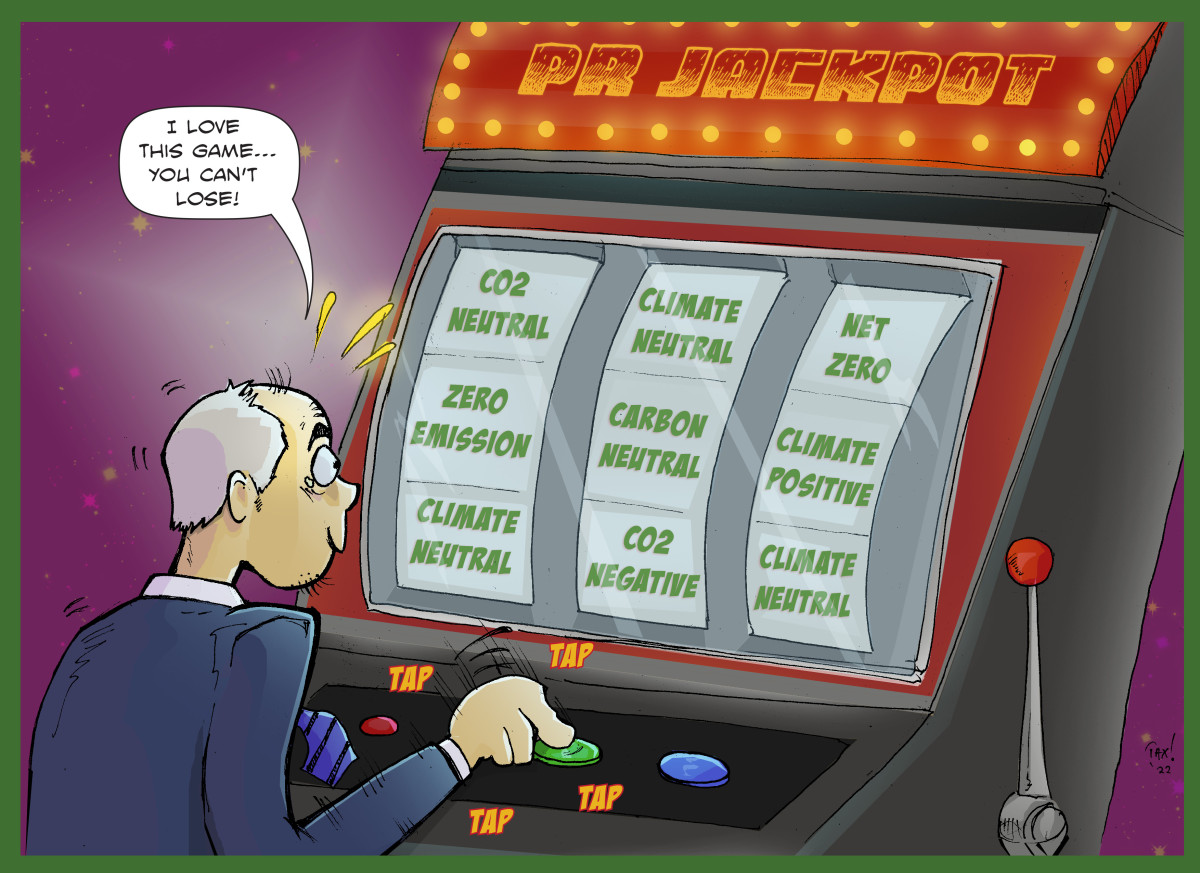
Having a "net zero" target or launching a "climate neutral" product is the new normal for companies. But these claims are difficult to verify, and mostly don't add up when checked carefully. In the worst cases, they are pure greenwashing – misleading consumers and investors by hiding continued emissions. Evaluating corporate climate claims requires venturing into complex greenhouse gas accounting, and cutting through confusing jargon. This factsheet explains the basics for making sense of different types of climate pledges, deciding which emissions count, and the trouble with making climate sins disappear by paying others to do the emission cuts via carbon offsets.
Interview: 'Climate neutral' products are counterproductive greenwashing bluff - NGO
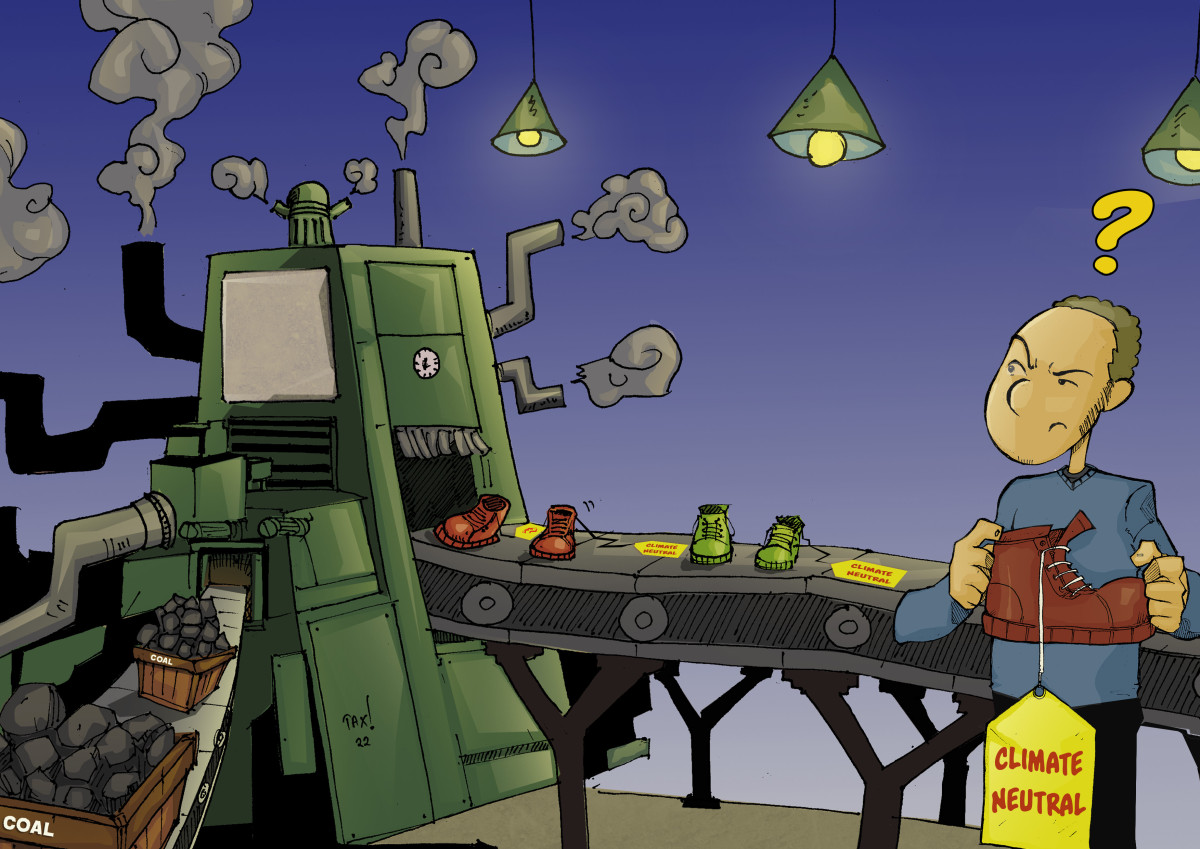
Products labelled as “climate neutral” deceive consumers and undermine progress in reducing emissions, argues Environmental Action Germany, an NGO specialising in fighting environmental cases in court. “They are totally counterproductive because they turn real competition in the field of environmental action into pure bluff,” says its executive director, Jürgen Resch. In this interview with Clean Energy Wire, Resch argues that corporate “climate neutral” claims delay effective climate action, because they falsely suggest environmental improvements. He says regulators are unlikely to end this trend that is “spreading like a pandemic,” which is why his organisation is suing companies over their climate claims.
Interview: Climate claims show that companies realise they must act on emissions - consultant

Current "climate neutral" product claims may be flawed, but they are a clear sign that companies realise that consumers want climate action, argues Jens Burchardt, the Boston Consulting Group's global expert on climate impact. "I think most companies have still not understood that this is an enormous opportunity," he explains in this interview. Pioneering companies still have the chance to present the world's first genuinely climate neutral products - based on emission cuts throughout supply chains instead of questionable carbon offsets. The first of these are likely to appear in the second half of this decade, but stringent regulation on "climate neutral" claims will be necessary to protect the frontrunners, says Burchardt, who has advised many companies on their net-zero efforts.
 Image shows fruits with](/sites/default/files/styles/paragraph_text_image/public/paragraphs/images/collage-3-fruit.jpg?itok=seFiS60d)
